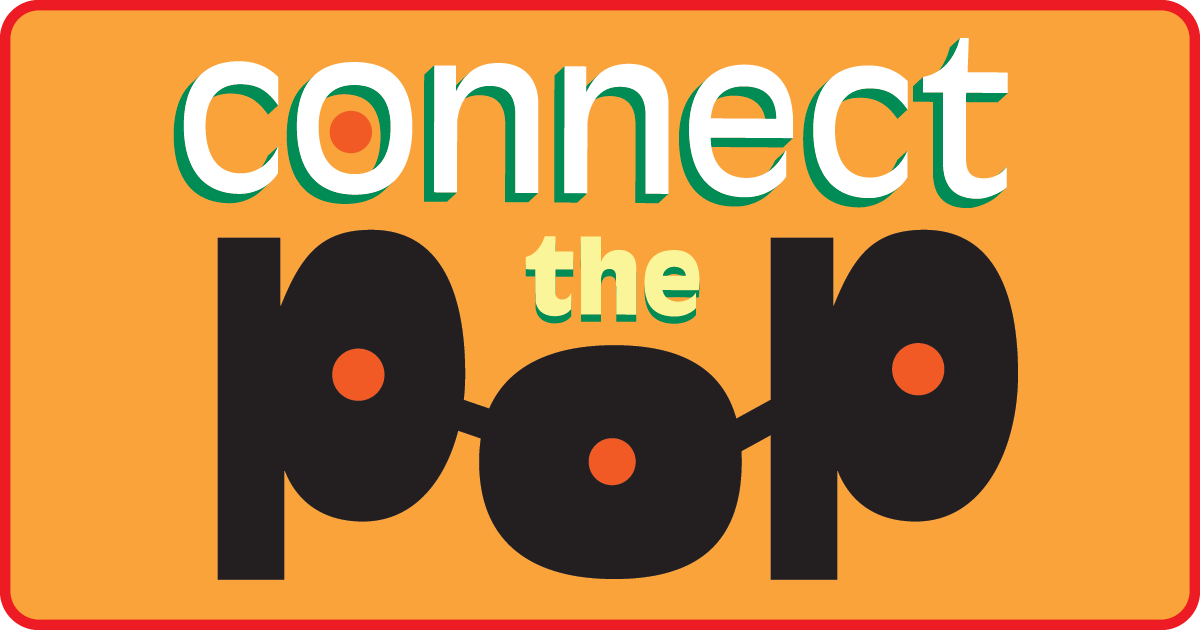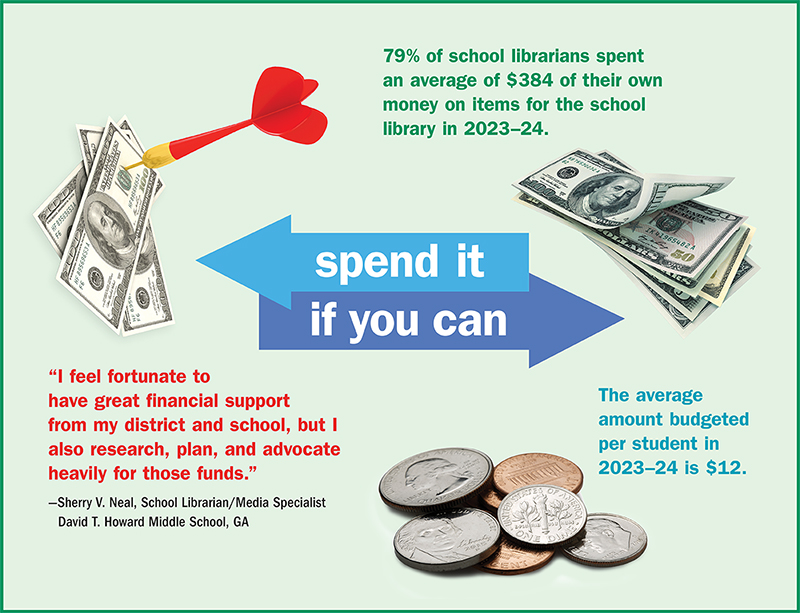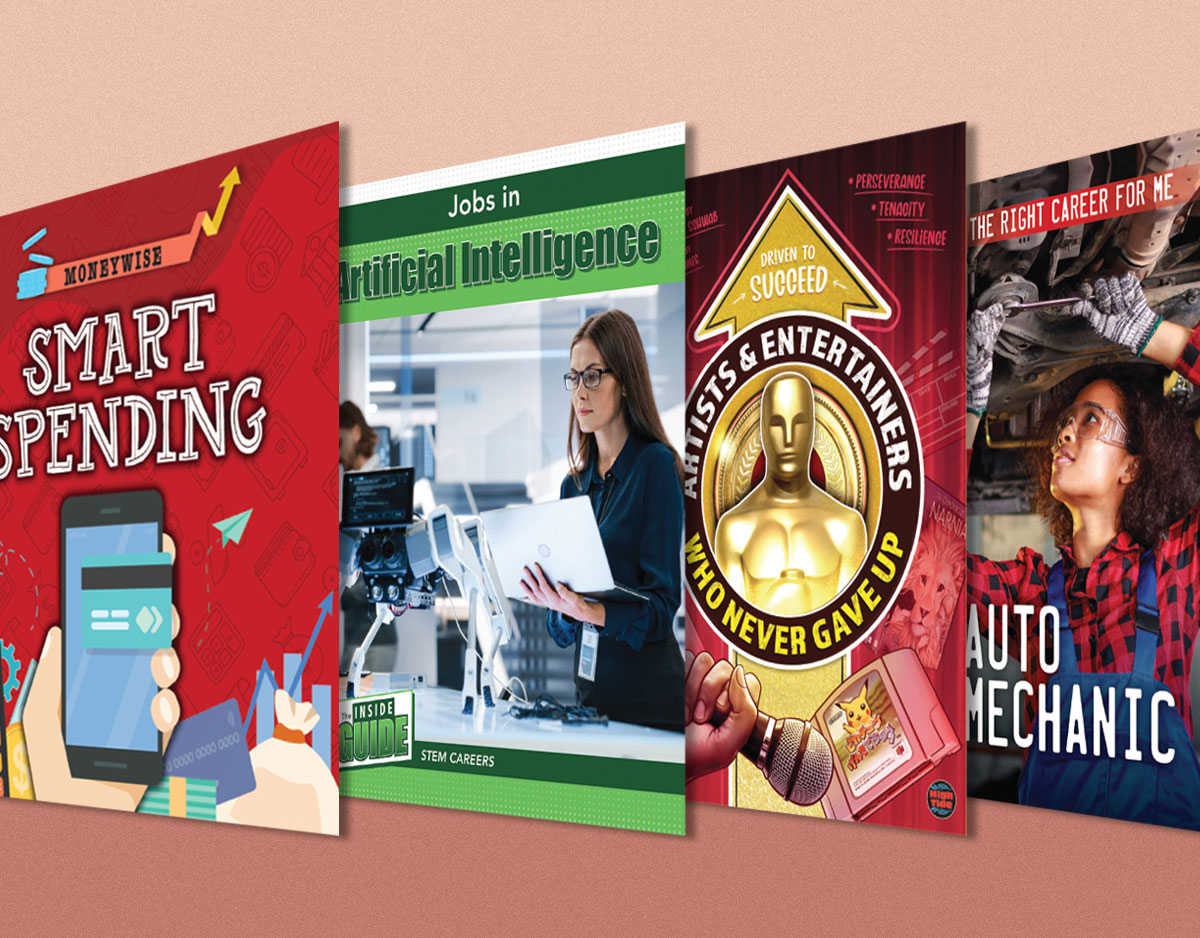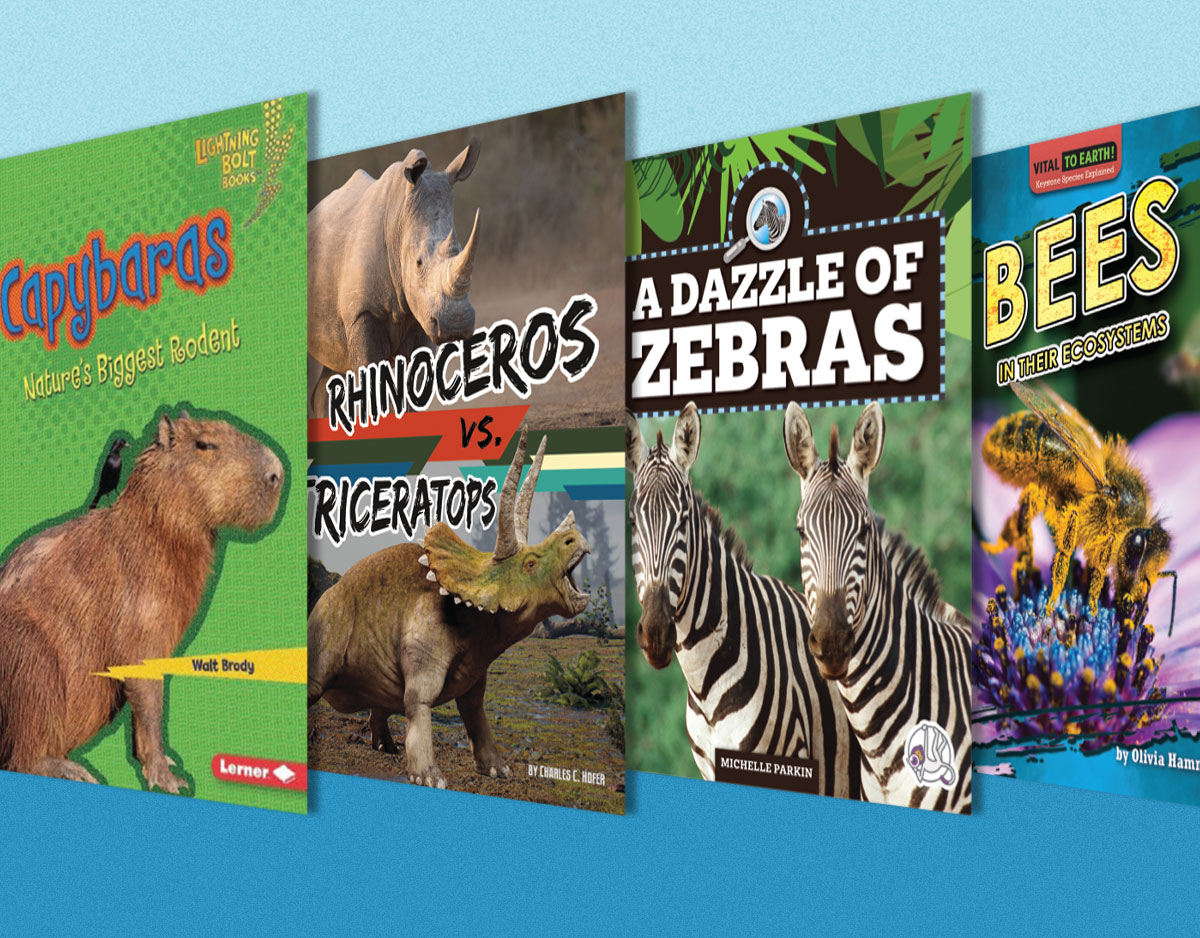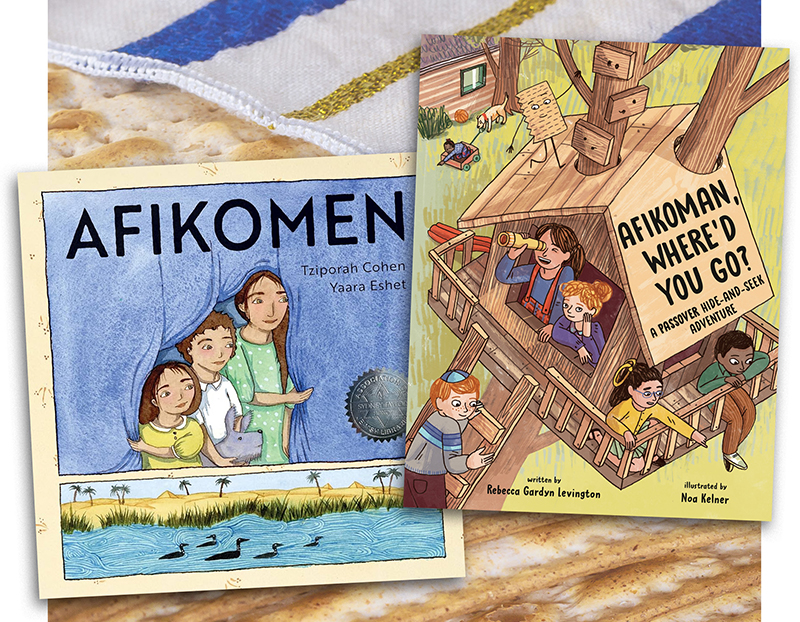SCROLL DOWN TO READ THE POST
A Few Words with NPR’s Brooke Gladstone on “The Influencing Machine”
 If you missed last year’s bow of The Influencing Machine, today’s your lucky day: now in paperback, this intensely engaging and educational work of graphic nonfiction is now available in paperback. Created by Brooke Gladstone, of National Public Radio’s hugely popular On the Media, and pioneering comics journalist Josh Neufeld (A.D.: New Orleans After the Deluge), the book illustrates the history of the American public’s volatile relationship with “the media” (really short for “the news media”). And by exploring issues such as bias, objectivity, and free speech over time, and often from a social sciences perspective, The Influencing Machine accomplishes something I’ve advocated for a long time: aligns media literacy with the 6-12 social studies curriculum in a powerful, mutually-beneficial fashion.
If you missed last year’s bow of The Influencing Machine, today’s your lucky day: now in paperback, this intensely engaging and educational work of graphic nonfiction is now available in paperback. Created by Brooke Gladstone, of National Public Radio’s hugely popular On the Media, and pioneering comics journalist Josh Neufeld (A.D.: New Orleans After the Deluge), the book illustrates the history of the American public’s volatile relationship with “the media” (really short for “the news media”). And by exploring issues such as bias, objectivity, and free speech over time, and often from a social sciences perspective, The Influencing Machine accomplishes something I’ve advocated for a long time: aligns media literacy with the 6-12 social studies curriculum in a powerful, mutually-beneficial fashion.
In short, if it’s a book your library doesn’t have on the shelves, it should. Not convinced? No problem—just read the author’s responses to a few of my questions and you’ll see that her approach is both insightful and refreshing.
ADVERTISEMENT
ADVERTISEMENT
Connect the Pop: Some folks have a problem with the book’s “We get the media we deserve” message, saying, for instance, “Well, I don’t deserve Rupert Murdoch.” If one points out the collective meaning of “we,” can we reconcile things? Or is this inherently just a very hard idea to deal with, given how much we like to demonize mass media?
Brooke Gladstone: You’re right—some people are not too thrilled with the implications of that last line. Of course it doesn’t mean that we, as individuals, are responsible for every excess, every ethical transgression that occurs in The Media. It does mean that in a market economy, people reward and perpetuate programming by spending their time and money on it. In the aggregate, we get the media we deserve, the good, the bad, the ugly. And no one likes to feel responsible for it. But I spent the whole book, everything prior to the final concluding line, explaining how history, technology, politics and human nature lead to that inevitable conclusion. If they can’t buy it after all that, I’ve got nothing left to tell them.

Months ago a leader in the media literacy field asked me about books, prose and graphic, I’d recommend on the topic. When I said The Influencing Machine, the response was, “Oh, that’s a great book–but really more news literacy than media literacy.” So what’s the relationship between the two? I always thought of news literacy as an important subcategory of media literacy, but is there anything to be gained by teasing the two apart a bit?
BG: Media literacy is about understanding how media messages are constructed to inform, persuade, move, or manipulate us. I don’t think the content of the messages makes a big difference (especially as the mid-century conceits of “objectivity” recede into the pre-digital past). The same rules apply to all messaging. Understanding how the sausage is made, the commercial pressures, the costs, the practical limitations, the digital shortcuts—that’s what enables a person to navigate the daily torrent of messages and consume media wisely.
ADVERTISEMENT
ADVERTISEMENT
Let’s pretend there’s a fifth anniversary of The Influencing Machine coming out, not just the paperback edition. If you and Josh were to update the book with another case study, which news events since you wrote the book would be instructive enough to include?
BG: We could spend a few pages musing on what appears to be the end of Murdoch’s media dynasty (though NOT necessarily the end of his empire) and what it means. I also would spend some time on the Supreme Court’s Citizens United decision that released a tidal wave of untrackable, unaccountable corporate money into the political process. I would also update my discussion of Daniel Hallin’s “donut” which delineates what issues are acceptable for debate in the media, and which viewpoints are beyond the pale. I believe the donut has begun to crumble and by the fifth anniversary of The Influencing Machine all the crumbs will have been carried off by mice.
Finally, how can educators help foster news literacy? For example, what’s a simple strategy that a librarian with access to newspapers, the Web, and so on might employ?
BG: It’s very hard to be clear-headed and clear-eyed about the media environment—like trying to see air. It takes a lot of practice to break down a well-constructed media message into its component parts. I would try to create a series of exercises. For instance, grab a word that’s been making the rounds of news shows—say, “gaffe”—and follow its usage on various outlets. The word implies a trivial mistake, but “gaffes” consume inordinate amounts of time on political gabfests. What’s the word “gaffe” standing in for? What’s the subtext?
Anyway, this is one of the methods we apply on my radio show On the Media, and it works pretty well. One anecdote can reveal a great deal about how the whole system works, or doesn’t work.
Filed under: Comics, Media Literacy, Print Media, Science/Math, Television
About Peter Gutierrez
A former middle school teacher, Peter Gutierrez has spent the past 20 years developing curriculum as well as working in, and writing about, various branches of pop culture. You can sample way too many of his thoughts about media and media literacy via Twitter: @Peter_Gutierrez
ADVERTISEMENT
SLJ Blog Network
Name That LEGO Book Cover! (#53)
Cover Reveal and Q&A: The One and Only Googoosh with Azadeh Westergaard
K is in Trouble | Review
Take Five: Middle Grade Anthologies and Short Story Collections
The Classroom Bookshelf is Moving
ADVERTISEMENT
ADVERTISEMENT

